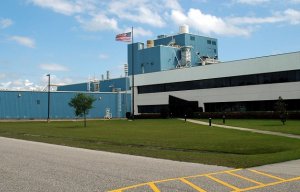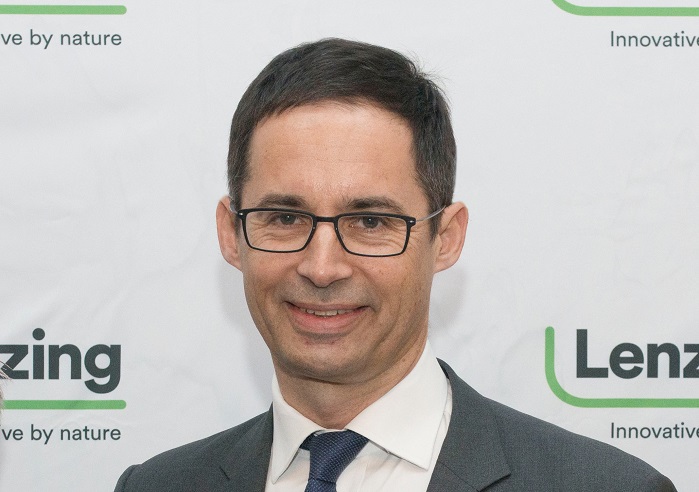
Lenzing mothballs lyocell expansion in Alabama
The company is now intensively pushing ahead with expansion of production capacities for specialty fibres.

8th May 2018
Innovation in Textiles
|
Lenzing
The Lenzing Group has recorded a net profit for the first quarter of 2018 of EUR 50 million, a decline by 33.3% from EUR 75 million in the first quarter of the previous year. “Following the record year of 2017, Lenzing began the expected challenging 2018 financial year with a decline in revenue and earnings. Market headwinds were clearly noticeable in the first quarter but still we are pleased with the solid results given the more demanding market environment,” commented Stefan Doboczky, CEO of the Lenzing Group.
“At the same time, we are forging ahead with implementation of our corporate strategy sCore TEN. Expansion of production capacities for our specialty fibres is also progressing. We are convinced of the merits of our chosen strategy, which will help us to be more resilient in the upcoming quarters.”

Group revenue in the first three months of 2018 decreased by 6.1% from the prior-year quarter to EUR 550.3 million. This drop is mainly attributable to less favourable currency exchange rates. Group earnings before interest, tax, depreciation and amortization (EBITDA) fell by 24.8% to EUR 101.6 million mainly due to softening prices for commodity viscose and increasing costs for key raw materials. The EBITDA margin decreased to 18.5% in the first quarter of 2018 compared to 23% in the first quarter of 2017. Earnings before interest and tax (EBIT) declined by 32.7% to EUR 68.9 million.
Capital expenditures (CAPEX) more than doubled in the first quarter of 2018 to EUR 58.9 million, up from EUR 26.9 million in the prior-year period. This is mainly due to the expansion of production capacities for specialty fibres in Heiligenkreuz, Burgenland and Mobile, AL, in the USA, as well as the expansion and modernisation of the dissolving pulp plants in Lenzing, Austria and Paskov, Czech Republic.
In line with the corporate strategy sCore TEN, the company is pressing ahead with these projects, as well as with planning work on construction of the next state-of-the-art lyocell production facility in Prachinburi, Thailand.
In February 2018, Lenzing launched a new phase in its positioning on the market by repositioning the Tencel brand as the umbrella brand for the textile applications of all specialty fibres within the context of Première Vision in Paris.
Lenzing decided to carry out a new brand strategy in order to sharpen its company and product profile as a sustainable innovation leader for customers and partners along the value chain as well as for consumers. The most important pillar of this new brand strategy is a brand architecture with a focus on fewer brands and a strong message to consumers.
The International Monetary Fund expects a further acceleration in global economic growth to 3.9% in 2018. However, growing protectionist tendencies in the political arena represent a source of uncertainty. Export-oriented companies in the Eurozone will also be faced with an additional challenge from the currency environment. Developments on the fibre markets should remain positive, but with continuing volatility. The wood-based cellulose fibre segment, which is relevant for Lenzing, should see further strong demand.
After years of moderate capacity expansion in the viscose sector, significant additional volumes are expected to enter the market in 2018. This was reflected in rising pressure on commodity viscose prices beginning in the first quarter and a further increase during the second quarter. The Lenzing Group is well positioned in this market environment with its corporate strategy sCore TEN and will continue its consistent focus on growth with specialty fibres.
Coupled with anticipated exchange rate fluctuations, the Lenzing Group expects its results for 2018 to be lower than the outstanding results in the last two years.

Business intelligence for the fibre, textiles and apparel industries: technologies, innovations, markets, investments, trade policy, sourcing, strategy...
Find out more